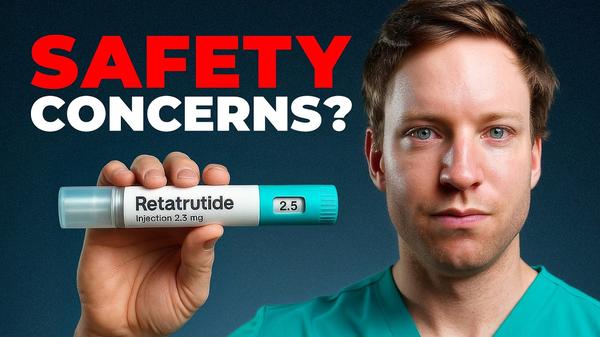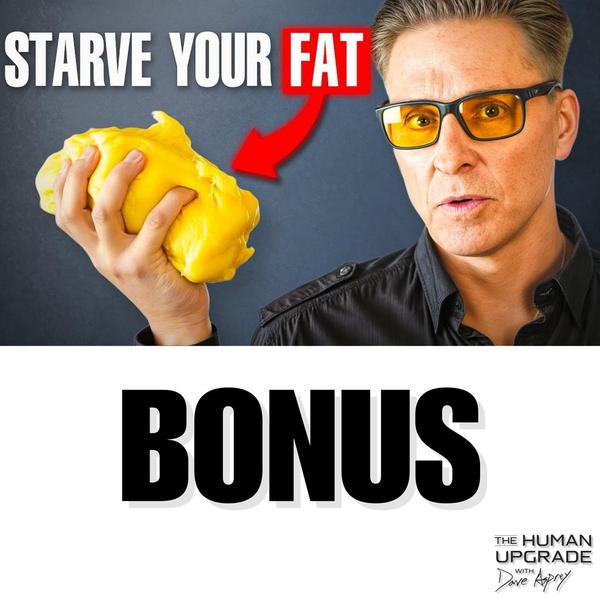
New Study Just Crushed the Coffee Health Controversy
Brad Stanfield
May 11, 2025
Mindsip insights from this episode:
Increase coffee consumption to lower liver and endometrial cancer risks
The highest quality evidence suggests that as coffee consumption increases, the risk of developing liver or endometrial cancer decreases.
Finish coffee within four hours of waking for better sleep quality
To avoid degrading sleep quality due to caffeine's five-hour half-life, it is recommended to have your last cup of coffee within four hours of waking up.
Limit coffee intake to two to three cups for optimal health benefits
Studies suggest that two to three cups of coffee per day is the optimal amount to gain health benefits without risking side effects.
Consume coffee daily to lower heart problem risk in atrial fibrillation patients
For patients already diagnosed with atrial fibrillation, daily coffee consumption was associated with a 23% lower risk of serious heart problems.
Choose filtered coffee to lower LDL cholesterol
Unfiltered coffee, such as from a French press, can increase LDL cholesterol, so it is best to drink filtered coffee.
Leverage caffeine to support liver health
The connection between coffee and liver health is so strong that researchers have suggested caffeine could be a potential drug for preventing and treating liver diseases.
Debunk morning coffee cortisol spike myth after five days
The body stops having a cortisol response to morning coffee after just five days of regular consumption, making the advice to delay it flawed.
More from
Brad Stanfield
You also might be interested in
#1 Nutrition Scientist: This Is Why You Struggle To Lose Weight | Kevin Hall, PhD
The 5 Pillars That Will Transform Your Health In 2026
How Laura Modi Is Rewriting Baby Formula
Ketogenic diet, ketosis & hyperbaric oxygen: metabolic therapies for weight loss, cognition, Alzheimer's & more | Dom D'Agostino, Ph.D.
What If You Stop Eating For 72 Hours?












